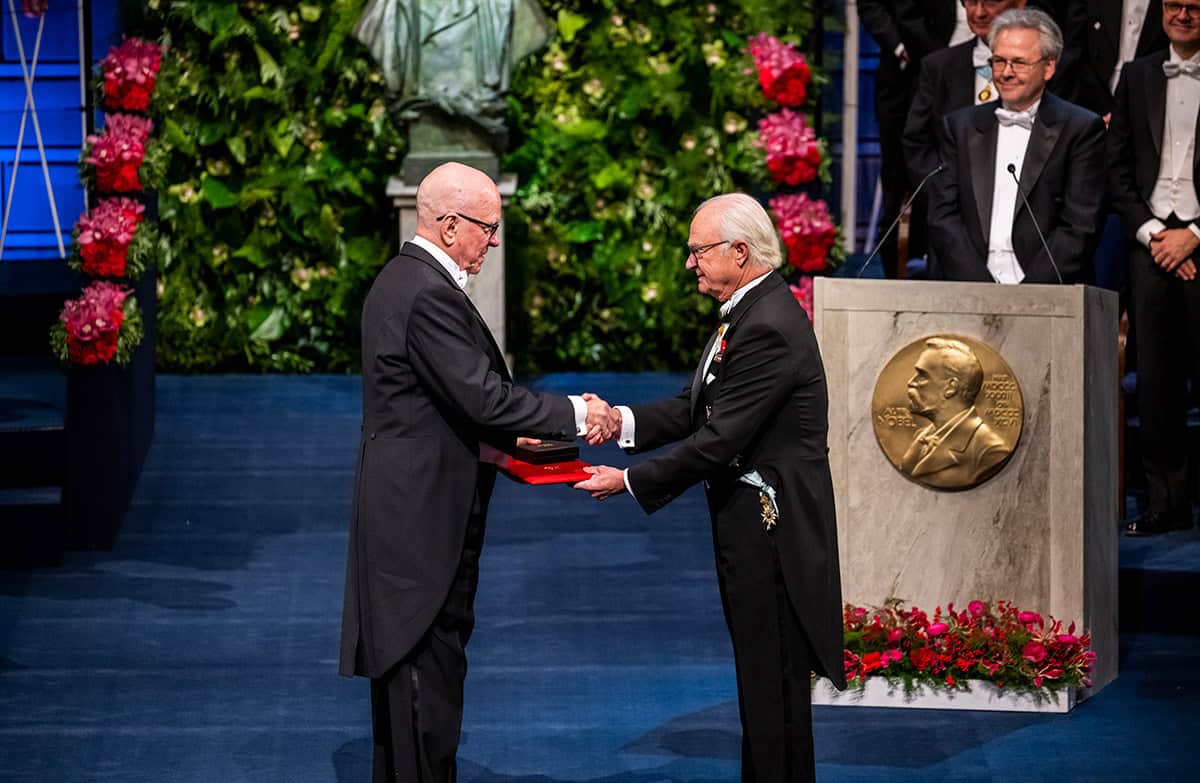Physicsworld
2w
0

Image Credit: Physicsworld
The Nobel prizes highlight what is wrong with recognition in science
- The 2024 Nobel prizes in physics and chemistry were awarded, for the first time, to scientists who worked with artificial intelligence (AI).
- The chemistry prize was shared by computer scientists Demis Hassabis and John Jumper who have developed AlphaFold2, which revolutionized the protein structure prediction field with AI.
- Computer scientist Geoffrey Hinton alongside physicist John Hopfield won the physics Nobel prize. Hinton is a pioneer of machine learning while Hopfield developed Boltzmann machines and Hopfield networks.
- The science community had mixed reactions about the selection of Nobel winners. One of the well-worn issues debated was the collaboration criteria for the prize, which allows only three scientists to share one prize.
- The demographics of this year’s science Nobel winners were controversial as all seven were white men born or living in the UK, the US, or Canada.
- The Nobel prizes highlight that the scientific system is biased towards rich countries. Scientists from poorer countries are at a disadvantage due to lack of resources and opportunities. Non-white people in western countries have historically been oppressed and excluded from or discouraged from science.
- Another issue that the Nobel prizes highlight is the under-representation of women and Black scientists. Men are more likely to get grants, and they are awarded almost double the amount that women receive, even though half of the global population are women.
- The science community should work harder to reach out to young people, particularly those from disadvantaged backgrounds when reshaping the structure to achieve a more equitable system.
- The use of AI in science will continue to increase and evolve, and Nobel prizes could evolve with the interdisciplinary times.
- The scientific community needs to undertake an effort to create equal opportunities for all regardless of background, and it would benefit science and society as a whole.
Read Full Article
Like
For uninterrupted reading, download the app